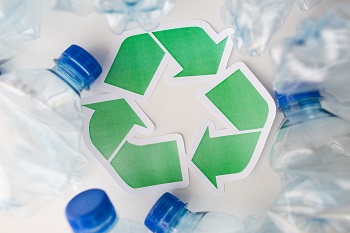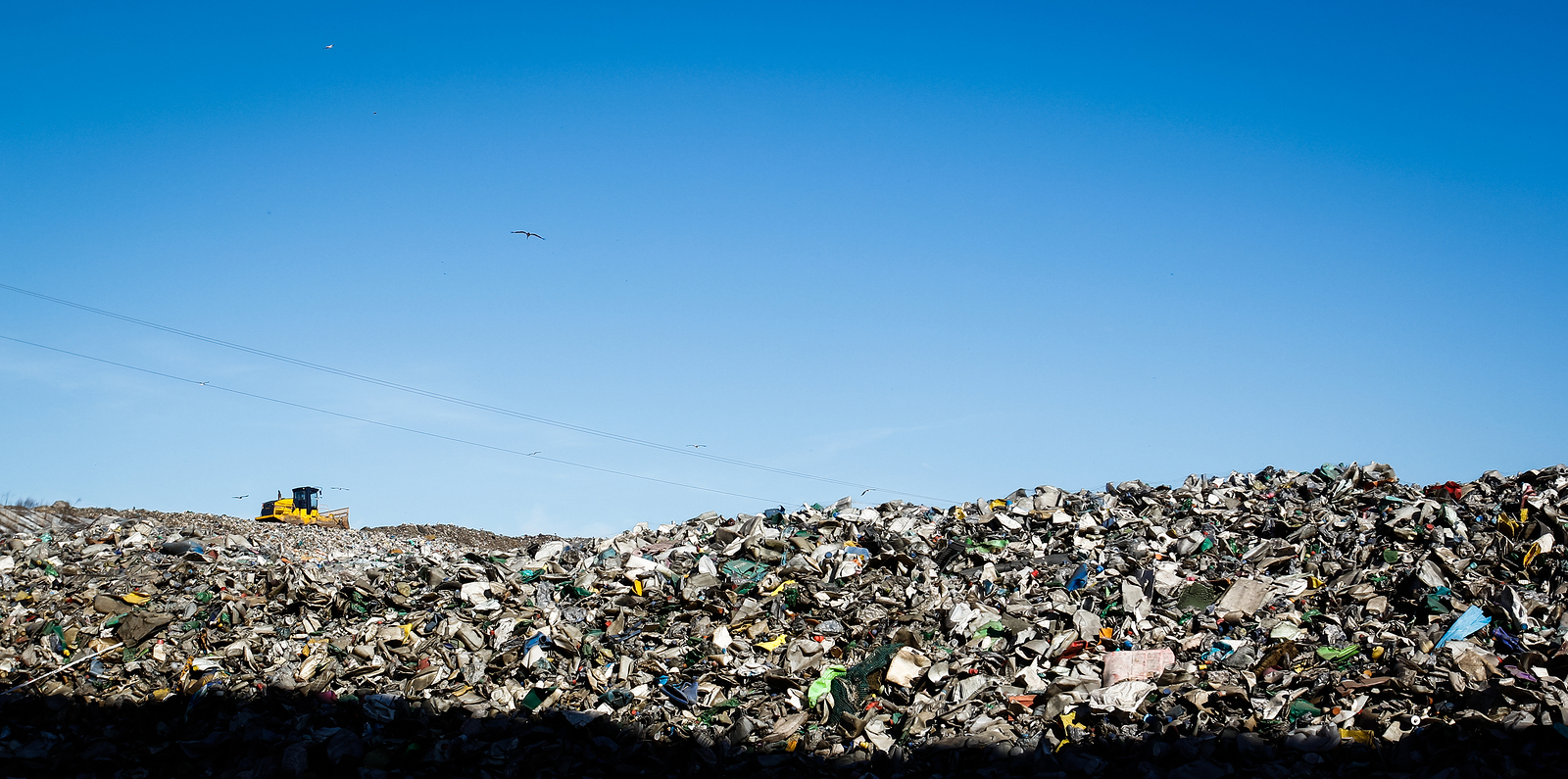Recycling is considered as one of the best solutions to reduce garbage output and its impact on the environment. But although its definition is simple, which is re-using old or waste products or turning them into something completely new, getting it done is anything but. What is even more shocking, however, is that recycling is not all good. Although it helps reduce energy usage, consumption of raw materials, and air and water pollution, it does have its drawbacks.
- 6 Economic Benefits of Recycling Just because recycling takes a bit more time to gather enough materials to create products and goods doesn’t mean the economy slows down. In fact, multiple studies from governmental and environmental agencies report that increasing activity in recycling boosts the quality and quantity of available jobs.
- Recycling economics include an array of benefits for those who recycle. In some states like, Michigan, California, and Vermont, people are incentivized to recycle by getting a monetary compensation for turning in their materials.
List of Advantages of Recycling
1. Environmental conservation and protection.
The continuous use of paper means trees are cut down continually, but not when paper made from certain trees are re-used repeatedly. This will help minimize deforestation or felling. Along with the production of paper from sustainable trees, forests can be preserved before they are completely wiped out.
Recycling can also improve your image with employees — seeing an effort being made in the office can boost morale, lower staff turnover, and increase individuals’ efforts at home. Starting an office recycling program will allow you to take full advantages of the benefits of recycling.
Recycling helps cut back on new materials and thus preserve natural habitats, forests, rainforests, and give the Earth a chance to grow and heal. Incredible Benefits of Recycling 1. Reduce the Size of Landfills. One of the biggest reasons why recycling has been promoted is that it does reduce the strain on our environment. By utilizing waste products in a constructive way, we can slowly. Benefits of Recycling Environmental problems have become so complex that many businesses and individuals can feel helpless in the fight to protect our natural resources. Problems like global warming, hazardous waste, loss of rain forests, endangered species, acid rain, the ozone layer, and the municipal waste crisis can feel out of our control.
Considering that trees help prevent floods, provide raw materials and nourishment, and improve air, we need to keep as many of them around as possible. If other natural resources can be reused in the same way, the environment and everyone relying on it would greatly benefit.
2. Reduce consumption of energy.
Transporting raw materials involves the use of energy, and a huge one at that. Processing raw materials also requires a significant amount of energy to get from source to destination. Put them together and the level of energy consumption just adds up. So why not recycle? Recycling paper consumes less energy than processing trees. The same thing it’s true when recycling or re-purposing wood.
3. Reduce air and water pollution.
A major source of pollution today is industrial waste that comes from factories producing plastics and cans. If both products are re-used, instead of manufactured from scratch repeatedly, pollution can be reduced significantly. Recycling also promotes responsible and proper management and disposal of plastics and cans.
4. Global warming mitigation.
Production of plastic cans and other items can involve burning massive waste that will lead to greenhouse gas emissions at staggering amount. Considering the effects of global warming, doing anything possible to mitigate them would be very beneficial. This includes recycling to keep the process of burning at a minimum, and reduce waste generation. Converting waste into useful and eco-friendly products would also help mitigate harmful environmental impacts.
5. Limit waste in landfills.
A majority of non-biodegradable products all over the world are thrown in landfills. As they take years or decades to decompose, landfills would not only be filled, literally, but also overflowing. This results in pollution, environmental problems and contamination of water and its surrounding areas, especially because overflowing rubbish can reach the oceans. Waste in landfills will also seep through soil and contaminate it. Through recycling, whatever problems associated with landfills will be addressed.
6. Spreads environmental awareness.
With calls to sort waste into biodegradable, non-biodegradable and recyclable, people become aware of recycling, educating them of its importance, while reducing environmental impact at the same time. When everyone becomes accustomed to recycling, people will be more eco-conscious and more participative of eco-friendly activities.
7. Make and save money.
Electronics, old water bottles, and other trash can be sold for cash. So if you sell them, you not only save the environment, but make money as well. If you buy recycled materials, which costs less than the new ones, you will also save money. The more money you will make and save if you re-use some of the trash that your home produces.



List of Disadvantages of Recycling
1. More pollution and energy consumption.
It’s contradicting, but the reality is that recycling tons of garbage will require waste to be transported, sorted, cleaned and processed in separate factories, all of which need energy and may result in by-products that can pollute air, water or soil. When more trucks are employed to pick up recyclable products, air pollution will also increase. In fact, the exhaust of the 179,000 waste collection vehicles in 2009 contains three dozen toxins that are all airborne.
2. Result in pollutants.
When waste materials break down, pollutants, such as chemical stews, will harm the environment. Toxins and impurities from the original material, such as lead paint or spray cans, could pass through recycling and then carried through the recycled product. Worse, it could take years before we realize that the items we have been using is contaminated. Recycled steel used in buildings in Taiwan, for example, has caused gamma radiation poisoning for the past 12 years.
Why We Need To Recycle
3. Increased processing cost and low-quality jobs.
Recycling cost can go thrice as much as the cost of putting garbage in landfills. This is why it is often considered cost-inefficient, even if it is eco-friendly. The process is also labor intensive. And even when the manpower requirement is high, the kind of work involved can lead to low morale and poor quality of life, because the pay is also low.
4. Require stricter and more stringent implementation.
Recycling can have an adverse effect on health and the environment when not done properly. Debris and toxic waste that is improperly handled can contaminate land, air and the environment. This is why more stringent implementation must be followed. When recycling companies abandon dump sites, waste left lying around can have environmental effect.

5. Good products are not guaranteed.
Not all recycled items are of high quality or even safe to use. To recycle paper, for example, bleach is used, which is a harsh chemical that is harmful to health and the environment. As previously mentioned, recycled products may contain toxic chemicals that were previously present with the original material.
6. Generally ineffective.
As shown above, recycling results in more pollution, higher energy consumption, and cost-inefficiency, making it less effective than what everyone wants to believe. Moreover, recycling still failed to dent demands. The demands for aluminum, for example, increase about 10% every year, but the amount of recycled aluminum falls short. This means aluminum mining is still necessary.
Benefits Of Recycling Glass
The number of soda cans that need to be recycled is also many times more than facilities can process. In America alone, the average individual drinks 2.5 can per day, amounting to around 778 million cans that need to be recycled.
Waste Management Recycling Guidelines
Keith Miller has over 25 years experience as a CEO and serial entrepreneur. As an entreprenuer, he has founded several multi-million dollar companies. As a writer, Keith's work has been mentioned in CIO Magazine, Workable, BizTech, and The Charlotte Observer. If you have any questions about the content of this blog post, then please send our content editing team a message here.
---